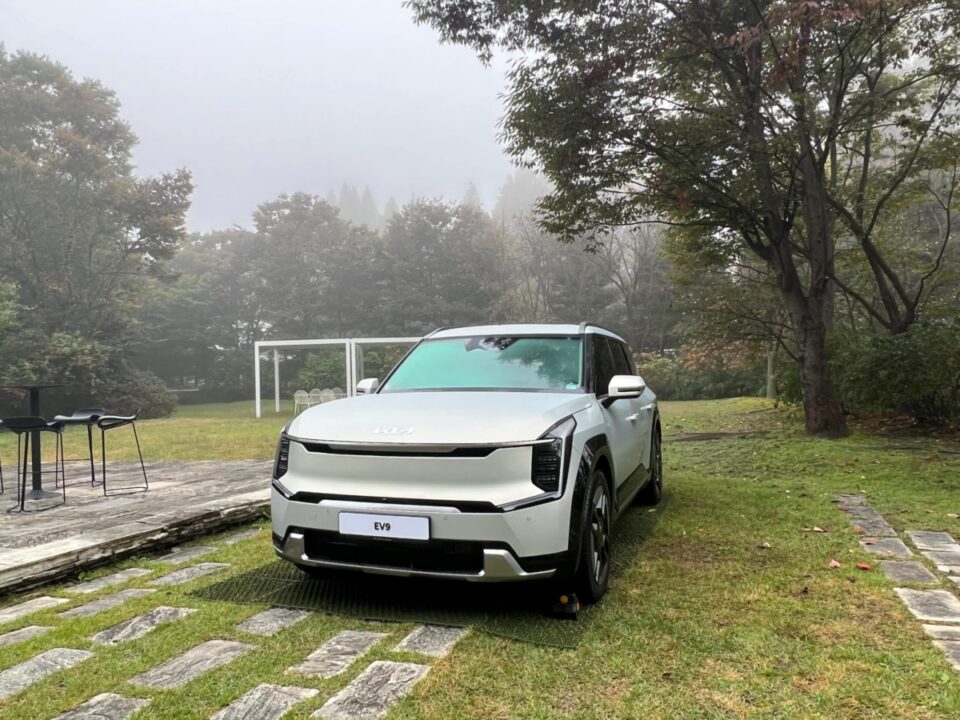SEOUL, Oct 12 — Kia Corp on Thursday unveiled three new small-to-medium sized electric vehicles (EV) to attract a wider range of customers in an effort to expedite its electrification strategies.
The South Korean automaker said it plans to offer two electric compact sports utility vehicles (SUVs) — EV5 and EV3 — and an electric sedan EV4, making an all-out push to achieve its sales target of one million EVs by 2026.
Kia said it plans to develop a wide-range of EV models priced from USUS$30,000 to USUS$80,000 and aims to launch smaller EVs like the EV5, EV4, and EV3, with prices ranging from US$35,000 to US$50,000.
In a presentation to reporters, Kia said that it plans to launch the EV5, the third dedicated EV in its line-up after the EV6 and EV9, in South Korea in 2025.
The production of the EV5 will take place in both China and South Korea, Kia said, adding that the EV5 in China and South Korea would have different battery types.
Those EV 5s sold in China would adopt lithium-phosphate-iron (LFP) batteries, while EV5s in South Korea would adopt more expensive nickel-cobalt-manganese (NCM) batteries, said Kia President Song Ho Sung.
The EV5 in China will have a maximum driving range of 720km Kia said in a statement, adding that the model will offer fast-charging capability, allowing the battery to be charged from 30 per cent to 80 per cent capacity in 27 minutes.
Kia did not disclose the detailed driving range of the EV5 for South Korea, adding that it will be tailored to meet market demands.
“The EV market is expanding from one catering to the smaller early-adopter group to a more broader mass majority of customers … Our competitive, growing EV line-up will accelerate the popularization of electric vehicles and provide consumers with more options from which to choose,” said Spencer Cho, head of the Global Business Planning Sub-Division at Kia.
Analysts said Kia’s push to launch more affordable EVs is timely as an increasing number of car buyers are looking to purchase price friendly EVs.
“While those early adopters have preferred more expensive premium electric vehicles, as EVs have become more popular among more general public, consumer needs for more affordable EVs have significantly grown,” said Lee Jae-il, an analyst at Eugene Investment & Securities.
— Reuters





